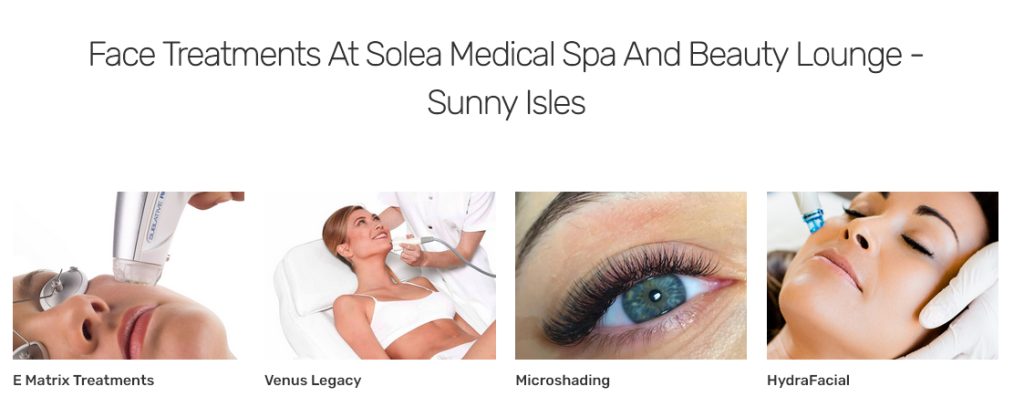Overcoming the Stigma of Therapy
[ad_1]
The background of stigma towards mental illness is nearly as old as mental health issues itself. All over historical past, men and women with afflictions that marked them as unusual or unique have led to derision, mockery, and even assault or exile. This has been notably accurate for psychological ailment, which has been frequently poorly understood through record and misrepresented in fictional media.
Mental disease has been seemed at as a punishment from God, possession by demons or evil spirits, or other supernatural phenomena. In the Center Ages, the mentally ill were usually tortured or even executed early 20th century remedies for psychological sickness were being typically small greater: people were set in asylums to be forgotten and kept from culture, not fixed or rehabilitated — basically subjected to compelled incarceration.
Even now, however items have enhanced appreciably, the stigma towards mental health issues stays. The mentally unwell are often depicted as murderous, maniacal, and uniformly perilous in Tv set and films, or treated as the butt of jokes. Diseases such as schizophrenia are extensively misunderstood, and even one thing so frequent as clinical melancholy is achieved with assistance to “just cheer up.” Afflictions these as addiction are also regularly misunderstood.
With the way mental health issues is so frequently stigmatized, it is ironic that the implies to deal with it — remedy, counseling, and treatment — are also stigmatized. “Being in therapy” is nonetheless normally employed as a variety of mockery in media and the well-known consciousness and may possibly even be considered a own failing or a signal of hassle. People with psychological problems may anxiety to seek out procedure for concern of how many others will see them — as if dealing with one’s psychological sickness is a tacit admission of staying “crazy” or “insane.” Some may possibly even panic for their employment or relationships if they decide on to go into treatment. Resources this sort of as treatment applications that allow for men and women to seek support in private can enable, but they’re not constantly more than enough.
Therapy and counseling is generally misunderstood — it is noticed as unnecessary or unhelpful, and some aren’t aware of the variation in between a therapist and a counselor. But therapy has a established monitor history of accomplishment. Most people who go into therapy, somewhat than sensation additional stigmatized, uncover therapy can frequently support with their associations, and encounter no raise in social difficulties simply because of their therapy. This can be particularly real if they’ve been known as names, accused of simply heading via a section, or accused of “not hoping challenging enough” to overcome their problems with no any guidance.
Battling the Stigma In opposition to Psychological Sickness
Stigma only retains persons back from finding the help they need to have. It is critical for individuals with liked ones struggling from psychological ailment to consider methods to combat that stigma. Listed here are a few techniques the National Alliance on Psychological Sickness suggests getting to support increase awareness and fight ignorance when it will come to psychological health issues.
- If you have psychological health issues, chat openly about them.
- Learn a lot more about psychological ailment so you can teach equally yourself and some others.
- Be conscious of the variety of language you use when referring to psychological wellbeing challenges. It may possibly be valuable to lessen the frequency with which you say “crazy” or “insane.”
- Identify psychological illness as a illness, just about every little bit as actual as a actual physical ailment, and motivate that exact same recognition in others.
- Exhibit compassion for persons suffering from mental ailments.
- If you are (or have been) in cure, be genuine and open up about your experiences, to stimulate persons who may well be resistant to the thought of treatment.
- When you see the stereotype of psychological sickness being perpetuated, or somebody deriding possibly mental health issues or therapy, connect with them out on it. It makes a large change.
Even therapists by themselves are executing their portion to attempt to decrease or eliminate the stigma of remedy. These types of stigmatization can commonly arrive from the sufferers on their own, who might have some destructive feelings about their have therapy-trying to find. Very good therapists usually inquire about these beliefs ahead of starting severe perform, to see if they have a distinct idea about in search of support or believe in some stereotypes. Several will also accept that cure can be terrifying, and the course of action can frequently be demanding and emotionally draining.
Some individuals may be concerned about insurance difficulties, as treatment can be a high priced proposition out-of-pocket. They may possibly stress about the repercussions of viewing a mental health and fitness prognosis applied to their insurance coverage profit. Therapists may perhaps opt for to be fully transparent about the diagnosis they are assigning, to further inform the affected individual and lower stress over seeking vital aid.
A large amount of therapists go to remedy them selves — a different truth that is from time to time mocked as humorous, but it is essential to remember therapists are individuals way too, and have their have ups and downs irrespective of their practical experience or qualifications. Therapists who are themselves in therapy can keep in mind 1st-hand how complicated it can be to be open about their inner thoughts and share their vulnerabilities with strangers.
Nevertheless therapy and psychological sickness have been more broadly identified for what they are, there is still a great offer of function to be accomplished. What ever we can do to assist battle the stereotypes potential customers us a person phase closer to obtaining people the assist they need to have.
[ad_2]
Supply hyperlink









